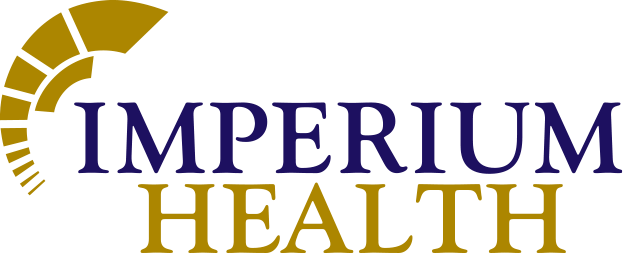Imperium News
Building alternative payment models in health care
Frontier - Global interest is growing in new value-based models of financing, delivering, and paying for health care services that could produce higher-quality and lower cost outcomes for patients and for society. However, research indicates evidence gaps in knowledge related to alternative payment models (APMs) in early experimentation phases or those contracted between private insurers and their health care provider-partners. The aim of this research was to understand and update the literature related to learning how industry experts design and implement APMs, including specific elements of their models and their choice of stakeholders to be involved in the design and contractual details.
National Health Expenditure Projections, 2023–32: Payer Trends Diverge As Pandemic- Related Policies Fade
Health Affairs - National health expenditures are projected to have grown 7.5 percent in 2023, when the COVID-19 public health emergency ended. This reflects broad increases in the use of health care, which is associated with an estimated 93.1 percent of the population being insured that year. In 2024, Medicaid enrollment is projected to decline significantly as states continue their eligibility redeterminations. Simultaneously, private health insurance enrollment is projected to increase because of the extension of enhanced subsidies for direct purchase health insurance under the Inflation Reduction Act (IRA) of 2022, as well as a temporary special enrollment period for qualified people losing Medicaid coverage (after eligibility redeterminations).Factors Affecting ACOs to Remain or Exit the MSSP following Pathways to Success
Researchers identified 4 themes that capture the main factors reported by interviewees, which affected their organizations’ decision making around MSSP participation after launch of Pathways to Success: (1) the perceived nonrevenue benefit to the organization from the program, (2) the importance of the program as a revenue source, (3) the effect of benchmarking changes on the potential for shared savings, and (4) the relative advantage of participating in the program vs others.
OIG: Corporate Responsibility & Health Care Quality - A Resource for Health Care Board of Directors
In late 2023, the OIG created new compliance guidance for the Board of Directors for all health entities credentialed with Federal Programs. Review the official guidance article here.The OIG Toolkit for Billing Medicare Advantage High Risk Patients
The OIG created a toolkit to educate health entities on how they review and audit claims for high-risk patients rendered to Medicare Advantage programs. Get your copy of the toolkit here.



